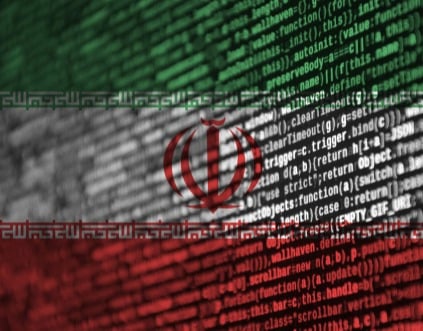Former President Donald Trump's 2024 campaign has confirmed a significant security breach, acknowledging that some of its internal communications were hacked. The confirmation came after POLITICO began receiving emails from an anonymous source containing sensitive campaign documents.
The breach came to light when POLITICO received emails from an individual identifying themselves only as "Robert," using an AOL email account. The leaked documents included a 271-page research dossier on Senator JD Vance, Trump's running mate, as well as partial research on Senator Marco Rubio, both of whom were finalists for the vice presidential nomination.
Campaign spokesperson Steven Cheung attributed the hack to "foreign sources hostile to the United States," suggesting Iranian involvement. Cheung cited a recent Microsoft report that mentioned Iranian hackers targeting a high-ranking official of a presidential campaign in June 2024.
"These documents were obtained illegally from foreign sources hostile to the United States, intended to interfere with the 2024 election and sow chaos throughout our Democratic process," Cheung stated.
The campaign drew parallels between this incident and the 2016 hack of Democratic Party officials, which resulted in embarrassing email leaks. However, unlike the 2016 incident, which U.S. intelligence blamed on Russia, the Trump campaign is pointing to Iran as the likely culprit in this case.
The full scope of the breach remains unclear, but it represents a major security concern for Trump's campaign. The leaked documents, confirmed as authentic by campaign sources, provide insight into the campaign's internal vetting process for potential vice presidential candidates.
This incident occurs against a backdrop of increasing tensions between the United States and Iran. Recent reports have suggested that Iran may be working on plots targeting Trump in retaliation for the 2020 assassination of Iranian military officer Qassem Soleimani.
While the Trump campaign has firmly attributed the hack to Iran, neither Microsoft nor U.S. government agencies have publicly confirmed this claim. Cybersecurity experts and media outlets have approached the attribution with caution, noting the complexities of definitively identifying the perpetrators of such attacks.
As the 2024 presidential race heats up, this breach raises concerns about the cybersecurity of political campaigns and the potential for foreign interference in the upcoming election. It also highlights the ongoing challenges faced by political organizations in protecting sensitive information in an increasingly digital campaign landscape.
Follow SecureWorld News for more stories related to cybersecurity.


%20copy-2.jpg)


